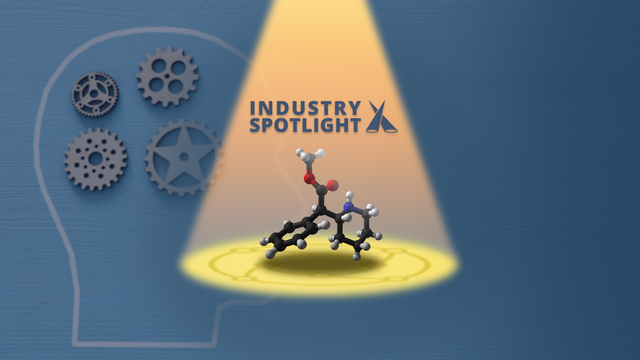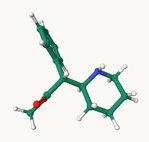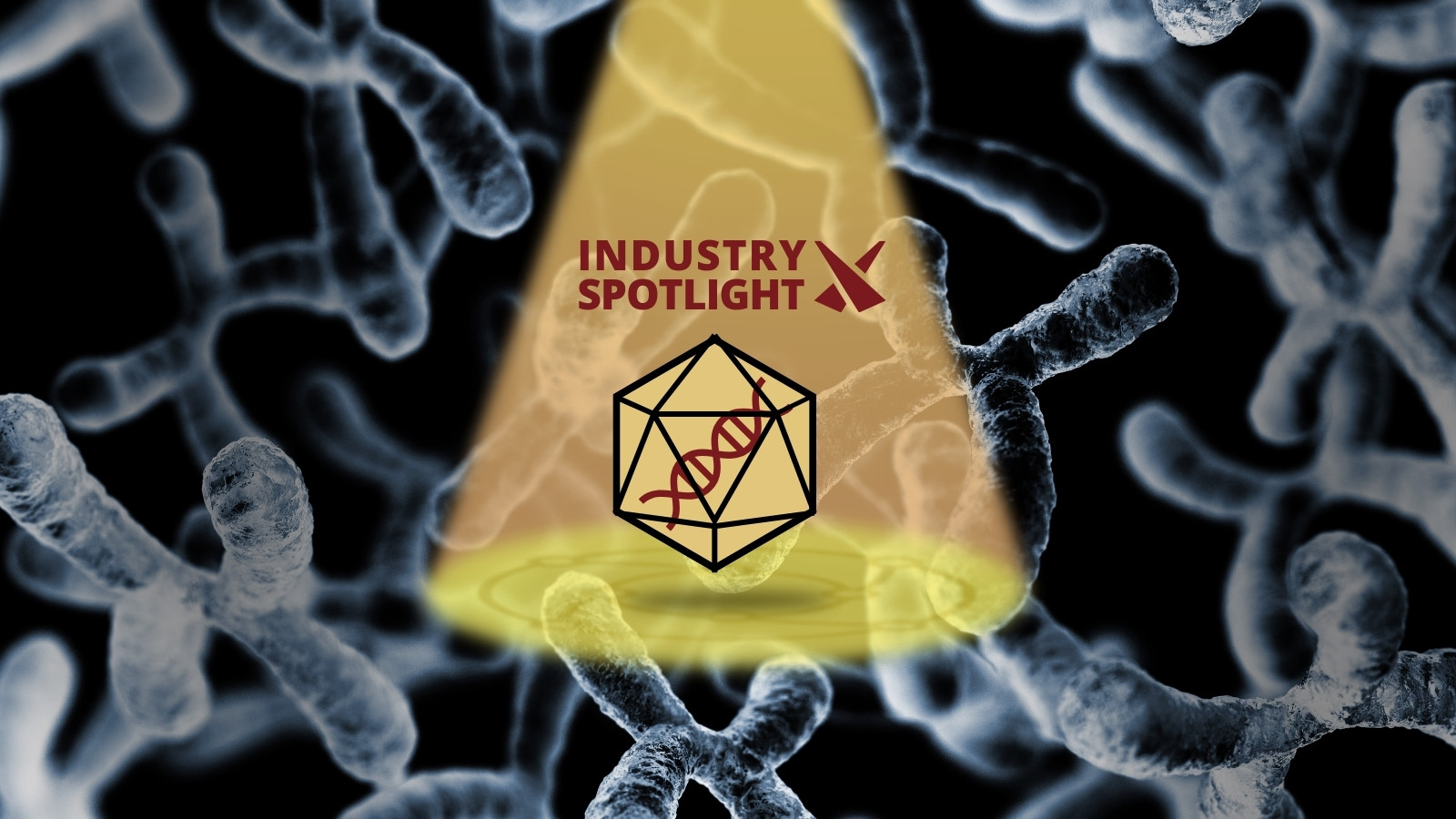Improved Insight on the Effects of Ritalin on Patients with ADHD

Research conducted by scientists at Stanford University School of Medicine has been published in the journal Biological Psychiatry: Cognitive Neuroscience and Neuroimaging which reveals new understandings into the mechanism of action for the drug methylphenidate.
Methylphenidate, also known by its brand names Ritalin or Concerta is a CNS stimulant and the most widely prescribed pharmaceutical treatment for attention deficit hyperactivity disorder (ADHD).
- How MSD’s Discovery Centre is Fighting Age-Related Neurodegeneration
- Up-and-Coming Investigations in Drug Discovery and Development: Neuroscience and AI
- Challenges in Developing Organoids for Neuroscience
Despite being prescribed for the disorder for decades, the drug’s mechanism of action is not fully understood. It is thought that methylphenidate acts as a norepinephrine–dopamine reuptake inhibitor (NDRI), which increases dopamine signalling from nucleus accumbens (NAc) in the brain.

Current studies suggest that people with ADHD have impaired dopamine and norepinephrine neurotransmitter function which has been linked to difficulties in concentration and maintaining goal-directed behaviour.
The study was led by Yoshifumi Mizuno, Weidong Cai, and Vinod Menon at Stanford University School of Medicine, Department of Psychiatry & Behavioral Science. It says that the team have found “reproducible evidence demonstrating that methylphenidate enhances spontaneous neural activity in NAc and cognitive control networks in children with ADHD, resulting in more stable sustained attention.”
Furthermore, “Findings identify a novel neural mechanism underlying methylphenidate treatment in ADHD and inform the development of clinically useful biomarkers for evaluating treatment outcomes.”
Patients that participated in the research were recruited from the University of Fukui Hospital, Japan. The randomised double-blind trial studied 27 children with ADHD. They were scanned using functional magnetic resonance imaging (fMRI) twice, six weeks apart, once after receiving a dose of methylphenidate and once with a placebo. Each participant took a standardised continuous performance test (CPT), the ‘gold standard’ of ADHD diagnosis, outside the MRI scanner.
“[The findings] confirm the positive effects of methylphenidate on attention in children with ADHD and reveal the likely mechanism of action, through improved coordinated brain network activity and a likely key role for enhanced dopamine effects in the NAc region of the brain," said Cameron Carter, Editor of Biological Psychiatry, the journal that published the findings.
Get your weekly dose of industry news?here?and keep up to date with the latest?‘Industry Spotlight’ posts.?For other Discovery content, please visit the?Discovery Content Portal.





.png)
